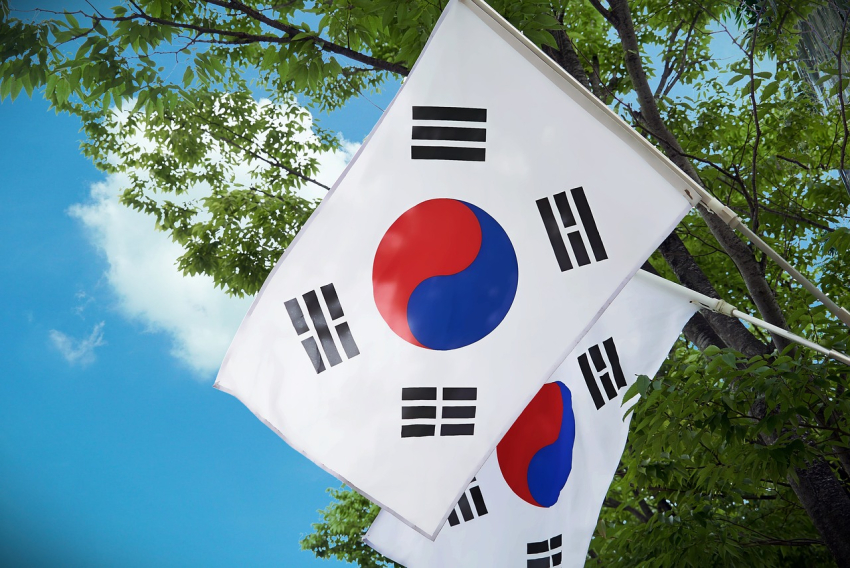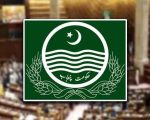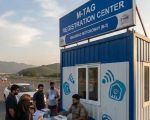SEOUL – The government of South Korea has introduced new measures aimed at facilitating international students.
As part of the measures which will be effective from July 3, the authorities have increased the working hour cap for international students.
As per the recent policies disclosed by the Ministry of Justice, undergraduate and associate degree-seeking international students will experience a change in their weekly working hours, with the current cap of 20 hours being increased to 25 hours. Those who are enrolled outside of major cities will be allowed to work up to 30 hours per week.
“We plan to enhance the foreign student system that would support the increase in foreign students while contributing to improving the foreign students’ social adjustment,” said a statement from the Ministry of Justice.
Moreover, students who exhibit a high level of proficiency in the Korean language will be granted the opportunity to work additional hours per week.
Besides, the ministry has also announced revisions concerning the student visa application process. International students will now require a lower amount of funds for their student visas, and the visa fees will be evaluated in the local currency, South Korean Won, instead of US dollars.
Reports in Korean media say that the applicants seeking a D-2 student visa will need to demonstrate their financial stability, substantiating their visa application with a bank statement illustrating a minimum balance of 20 million won in their accounts. In the past, applicants were required to maintain 26 million won ($20,000) in their bank accounts to obtain the visa.
Conversely, language school students seeking D-4 visas must possess a minimum of 10 million won in their bank accounts.
Those applying for visas for language studies (D-4 visas) will need to show proof of KRW10 million (US$7,600) as opposed to the previous requirement of KRW13 million (US$10,000). The financial requirement drops even lower for those applying for studies outside of South Korea’s major cities where the new benchmarks are KRW16 million (US$12,000) for D-2s and KRW8 million (US$6,000) for D-4 visas.
In order to be eligible to work in South Korea during their studies, foreign students are also needed to demonstrate that they have sufficient Korean language skills. Under the current rules, they could only do so via the Test of Proficiency in Korean but the Ministry has expanded the eligible tests now to include the online King Sejong Institute level test as well as the Korean Language Ability Test.
The Ministry of Justice (which is also the ministry for the Korean Immigration Service) has also announced an easing of rules for those students who wish to stay and work in South Korea after graduation. Under these reforms, the number of years in Korea required for a longer-term E-7-4 visa has been slashed from five years to four years, and hiring restrictions on foreign workers have now also been eased for Korean employers.
These changes reflect a drastic change in Korean policy towards a more open immigration policy aimed at attracting greater numbers of skilled foreign graduates.
Estimates have confirmed that South Korean higher education institutions witnessed a record influx of nearly 167,000 international students last year, the highest since 2013 when approximately 86,000 international students arrived in the country for academic degrees.














